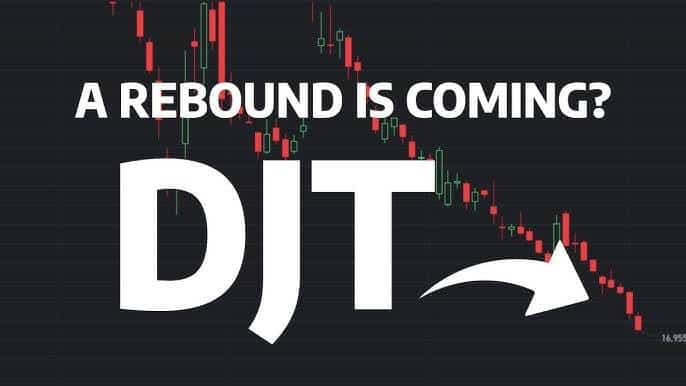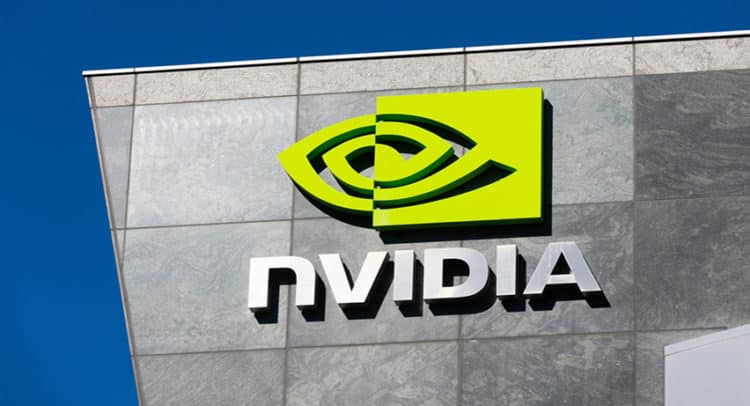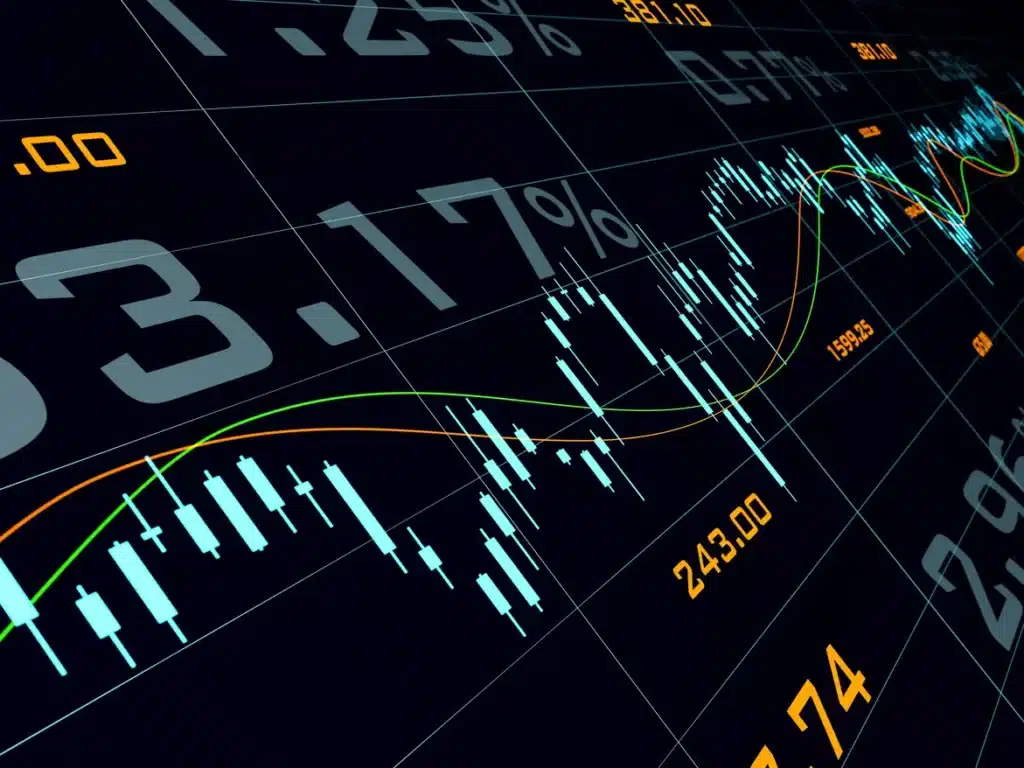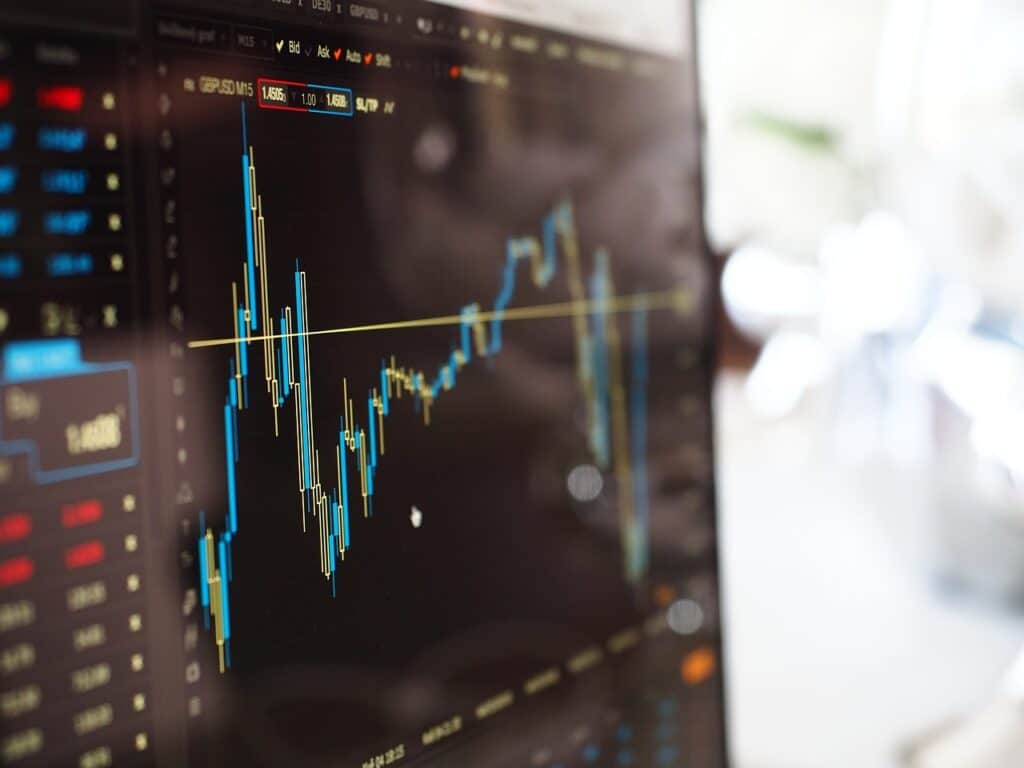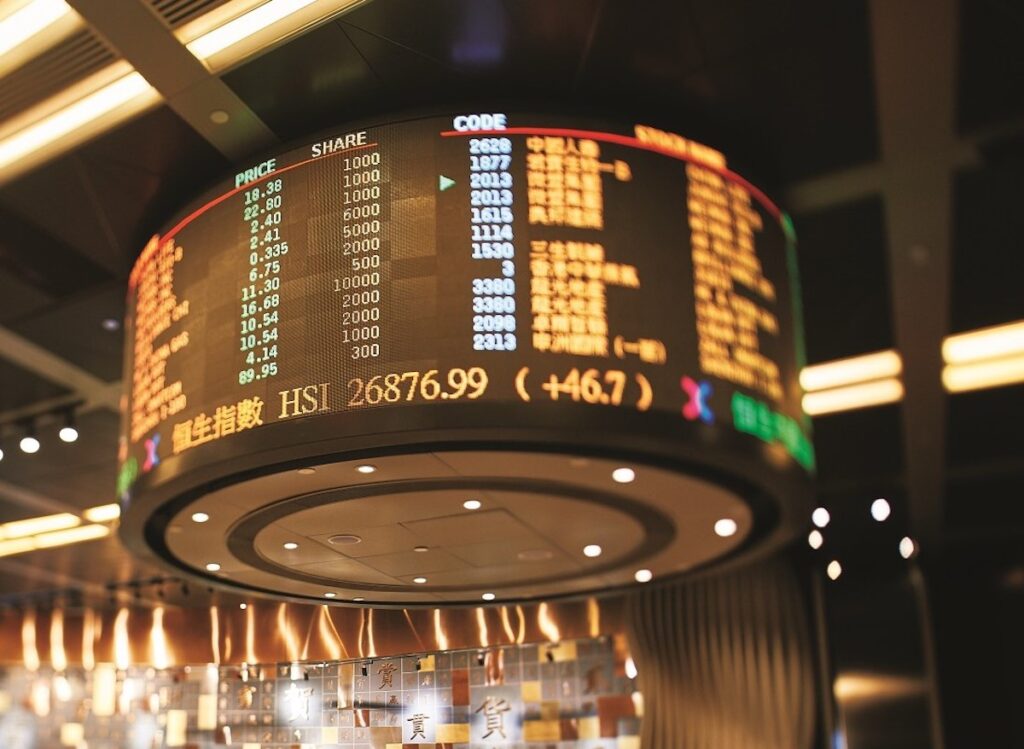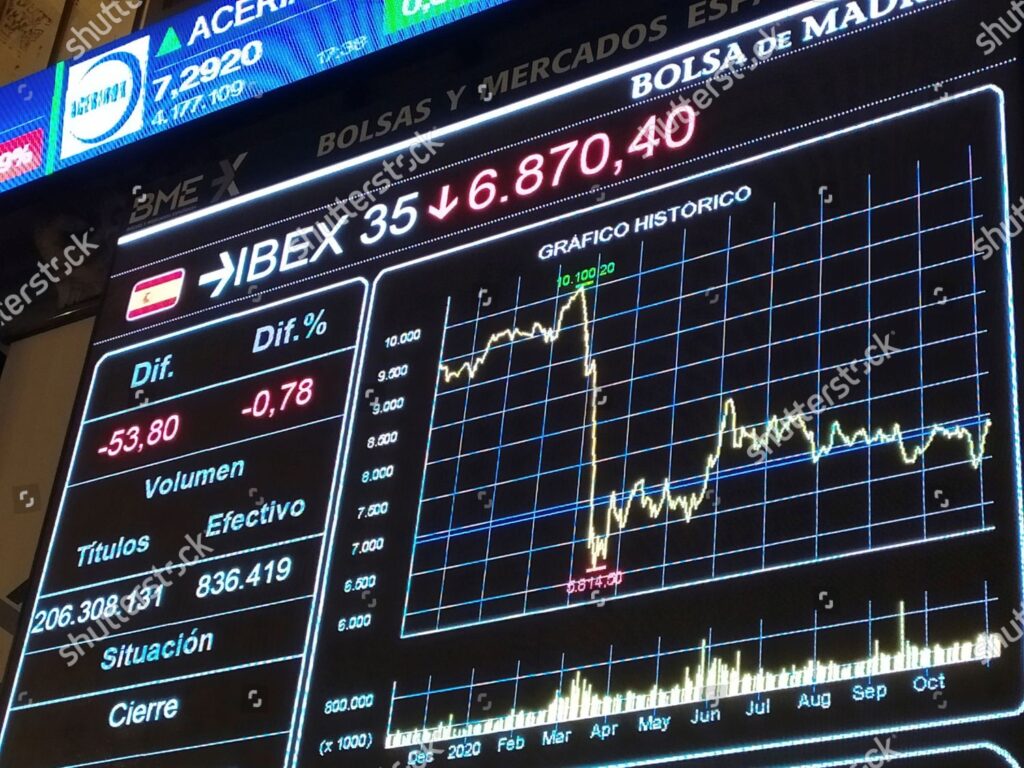Investing in Uruguay: Opportunities and Challenges
Uruguay’s stock market presents a unique set of opportunities and challenges for investors. On the positive side, the country’s political and economic stability, strong regulatory framework, and growing middle class make it an attractive destination for both domestic and foreign investment. However, the relatively small size of the BVM and limited liquidity can pose challenges for investors seeking to enter or exit positions quickly.
Key Players in the Uruguayan Stock Market
The Uruguayan stock market is populated by a diverse array of key players, including:
- Domestic Investors: Uruguayan individuals and institutional investors, such as pension funds and insurance companies, are active participants in the BVM.
- Foreign Investors: Multinational corporations, international investment funds, and individual foreign investors have been increasingly drawn to the Uruguayan stock market.
- Brokers and Financial Intermediaries: Stock brokers, investment banks, and other financial institutions play a crucial role in facilitating transactions and providing investment advice.
- Regulatory Bodies: The Central Bank of Uruguay and the Uruguayan Securities and Exchange Commission (Superintendencia de Servicios Financieros) oversee and regulate the financial markets.
Top Stock Indices in Uruguay
The BVM maintains several stock indices that track the performance of the Uruguayan equity market:
- Índice General de la Bolsa de Valores (IGBVL): This broad-based index represents the overall performance of the Uruguayan stock market.
- Índice de Acciones Líderes (IAPRI): This index focuses on the top-performing blue-chip stocks listed on the BVM.
- Índice de Bonos del Gobierno (IBGUB): This index tracks the performance of Uruguayan government bonds.
Types of Investments in the Bolsa de Valores de Montevideo (BVM)
The BVM offers a diverse range of investment opportunities, including:
- Equities: Shares of publicly traded companies listed on the BVM.
- Bonds: Government and corporate bonds issued by Uruguayan entities.
- Investment Funds: Mutual funds and exchange-traded funds (ETFs) that provide exposure to the Uruguayan market.
- Derivatives: Options and futures contracts based on Uruguayan financial instruments.
Factors Influencing Stock Prices in Uruguay
Several factors can impact stock prices in the Uruguayan market, including:
- Economic Conditions: The overall performance of the Uruguayan economy, GDP growth, inflation, and interest rates can influence the valuation of companies and their stock prices.
- Political Stability: The political climate in Uruguay, including government policies and regulatory changes, can affect investor sentiment and stock market performance.
- Sector-Specific Trends: Developments within specific industries, such as energy, banking, or real estate, can drive the performance of related stocks.
- Corporate Earnings and Dividends: The financial health and profitability of individual companies, as well as their dividend policies, can significantly impact their stock prices.
Trading in the Uruguayan Stock Market: Tips and Strategies
As an investor, you can consider the following tips and strategies when navigating the Uruguayan stock market:
- Diversify Your Portfolio: Spread your investments across different sectors and asset classes to mitigate risk and capture the growth potential of the Uruguayan market.
- Research and Analysis: Thoroughly research companies, industries, and economic trends to make informed investment decisions.
- Patience and Long-Term Thinking: The Uruguayan stock market may exhibit lower liquidity, so it’s essential to adopt a patient, long-term approach to your investments.
- Leverage Local Expertise: Collaborate with experienced Uruguayan brokers, financial advisors, or investment firms to gain deeper insights and navigate the market effectively.
Foreign Investment in Uruguay: Regulations and Requirements
Uruguay welcomes foreign investment and has established a favorable regulatory environment to attract international investors. Key considerations for foreign investors include:
- Ownership Restrictions: There are generally no restrictions on foreign ownership of Uruguayan companies, except for a few specific sectors.
- Repatriation of Funds: Uruguay allows for the unrestricted repatriation of profits, dividends, and capital.
- Tax Incentives: Uruguay offers various tax incentives, such as exemptions and reduced rates, to encourage foreign investment.
- Investment Visas: The Uruguayan government offers investment-based visas to facilitate the entry and residence of foreign investors.
Overview of Uruguayan Investment Funds and Bonds
In addition to individual stocks, the Uruguayan market offers a range of investment funds and bonds that can diversify your portfolio:
- Mutual Funds: Uruguayan mutual funds provide exposure to a diversified basket of local and international assets.
- Exchange-Traded Funds (ETFs): ETFs listed on the BVM track various Uruguayan and global indices, offering investors a convenient way to gain broad market exposure.
- Government Bonds: Uruguayan government bonds, known as “Letras de Tesorería” (Treasury Bills) and “Bonos del Tesoro” (Treasury Bonds), provide a relatively stable and low-risk investment option.
- Corporate Bonds: Uruguayan companies also issue bonds, providing investors with opportunities to diversify their fixed-income holdings.
The Role of Stock Brokers in Uruguay
Stock brokers play a crucial role in facilitating transactions and providing investment advice in the Uruguayan market. As an investor, you can work with licensed Uruguayan brokers to:
- Execute Trades: Brokers can help you buy and sell stocks, bonds, and other financial instruments on the BVM.
- Offer Investment Guidance: Experienced brokers can provide insights into market trends, company fundamentals, and investment strategies tailored to your goals.
- Manage Accounts: Brokers can assist with account opening, portfolio management, and regulatory compliance.
IPOs and Capital Markets in Uruguay
The Uruguayan capital markets have witnessed an increasing number of initial public offerings (IPOs) in recent years, as companies seek to raise funds and expand their operations. These IPOs present opportunities for investors to participate in the growth of Uruguayan businesses. Additionally, the BVM facilitates the issuance of corporate bonds, providing alternative financing options for companies and investment opportunities for investors.
Investing in Blue-Chip Stocks in Uruguay
The Uruguayan stock market is home to several blue-chip companies that have established themselves as industry leaders and offer attractive investment opportunities. Some of the most prominent blue-chip stocks include:
- Administración Nacional de Combustibles, Alcohol y Portland (ANCAP): Uruguay’s state-owned oil and gas company, ANCAP is a dominant player in the energy sector.
- Compañía del Gas de Montevideo (CGM): This natural gas distribution company is a reliable investment option for those seeking exposure to the Uruguayan utilities sector.
- Compañía Uruguaya de Transportes Colectivos (CUTCSA): As the largest public transportation provider in Uruguay, CUTCSA is a well-established blue-chip stock.
Analyzing Market Indices in the Bolsa de Valores de Montevideo (BVM)
Monitoring and analyzing the performance of Uruguayan stock market indices can provide valuable insights into the overall health and trends of the Uruguayan equity market. By tracking indices such as the IGBVL, IAPRI, and IBGUB, you can gain a better understanding of the market’s dynamics and make more informed investment decisions.
Dividend Stocks and Income Investing in Uruguay
The Uruguayan stock market offers opportunities for income-oriented investors through dividend-paying stocks. Some Uruguayan companies, such as UTE and BROU, have established track records of consistent dividend payouts, making them attractive options for investors seeking regular income streams.
Trends and Future Outlook of the Uruguayan Stock Market
The Uruguayan stock market has displayed resilience and growth potential in recent years, attracting the attention of both domestic and international investors. Key trends and the future outlook of the BVM include:
- Increased Foreign Investment: Uruguay’s political and economic stability, as well as its favorable regulatory environment, have contributed to a steady influx of foreign capital into the Uruguayan stock market.
- Technological Advancements: The BVM has been investing in modernizing its trading infrastructure, improving transparency and efficiency for market participants.
- Diversification of Sectors: While the Uruguayan market has traditionally been dominated by a few key industries, it is now witnessing the emergence of a more diverse range of publicly traded companies, offering investors greater investment options.
- Regulatory Enhancements: Ongoing efforts to align Uruguayan financial regulations with international standards are expected to further strengthen investor confidence and market integrity.
If you’re interested in exploring the thriving Uruguayan stock market, consider partnering with a reputable Uruguayan broker or financial advisor. They can provide valuable insights and guidance to help you navigate the BVM and identify investment opportunities that align with your financial goals. Take the first step towards diversifying your portfolio and tapping into the potential of the Bolsa de Valores de Montevideo.
The Potential of the Bolsa de Valores de Montevideo (BVM) for Investors
The Bolsa de Valores de Montevideo (BVM) presents a unique investment landscape for those seeking to diversify their portfolios and capitalize on the growth potential of the Uruguayan market. By understanding the key players, investment options, and factors influencing stock prices, you can make informed decisions and explore the opportunities offered by this dynamic exchange. As you navigate the BVM, remember to leverage local expertise, diversify your investments, and maintain a long-term perspective to maximize your returns and achieve your financial objectives.














